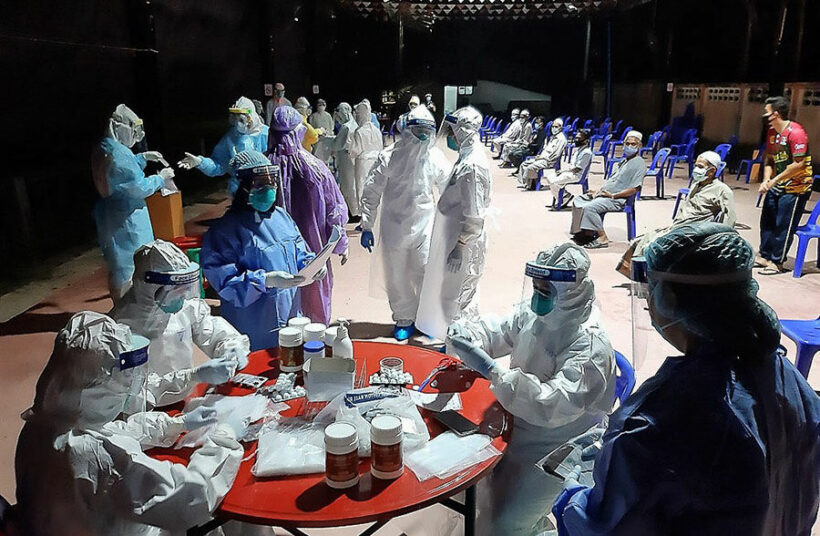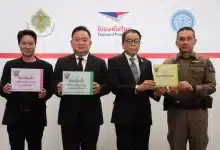WHO: Global pandemic exposed unpreparedness and inequality

A new report by the World Health Organisation Global Preparedness Monitoring Board says that the Covid-19 pandemic exposed the world’s lack of preparedness, accountability, and equality. The first year of Covid-19 showed that so many countries failed to be serious about preparedness and taking action on scientific data, while national Covid-19 responses ignored the interconnectedness of the world, revealing massive inequality in the second year of the pandemic.
Now that 5 million people have died worldwide from Covid-19, the Co-Chair of the GPMB says that the world was divided instead of united by the global catastrophe with a vaccine developed in record time and then distributed based on profits instead of need, prolonging the pandemic. This exposed a world where governments failed their citizens without any accountability and a rift between wealthy and developing nations.
Poor nations in need struggle to get access to vaccines while wealthy nations horde them and even have to dump expired doses that citizens didn’t use or want. Oxygen shortages were devastating in countries like India – Thailand gifted oxygen supplies in May, but then in August Korea and China gifted oxygen equipment to Thailand during its own massive outbreaks.
The GPMB report suggested that a major problem is that tackling the pandemic globally is often viewed as charity to poor nations instead of the protection of the global common good.
Wealthy nations also proved much better equipped to weather the economic battering of a global shut down for nearly 2 years. Poor countries meanwhile saw the collapse of education, healthcare, and their economies overall. Rich countries donated supplies for immediate relief instead of a strategy of overhauling intellectual property usage, sharing technology, and supporting manufacturing that would enable poor countries to help themselves in the long run.
The report calls for a global social contract for health emergencies that supercedes geopolitical borders to create a world prepared to tackle future pandemics as a collective, not with tribalistic separatism. A global financing system for health emergencies, coupled with equitable worldwide healthcare systems is needed along with stronger cooperation between more accountable national leaders. The Co-Chair of the WHO’s global preparedness group holds out hope for solidarity in the next pandemic.
“It is easy to be cynical and think that nothing can change, that inequality, inaction, and division are unavoidable, that the models of the past cannot be exchanged for better ways of working together that benefit all, that we are forever condemned to repeat this cycle of panic and neglect. But we must reject pessimism, recognize our common humanity and growing interdependence, and create a global health ecosystem that serves everyone. Together we must move from worlds apart to a world prepared.”
SOURCE: Thai PBS World
Latest Thailand News
Follow The Thaiger on Google News:


























